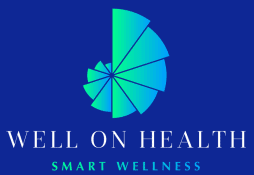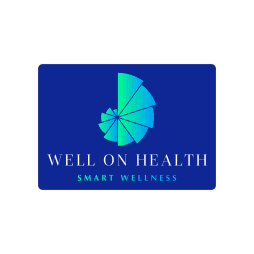Some foods are specifically great for detox and cleansing. Eating clean with a whole food diet is essential for healing and there are some foods that can be added to help heal the gut, facilitate detox, assist the liver, prevent lifestyle diseases (heart disease, metabolic syndrome), and promote overall health and wellness. Have a look for the inspiring foods for cleansing and detox:
Sea Vegetables
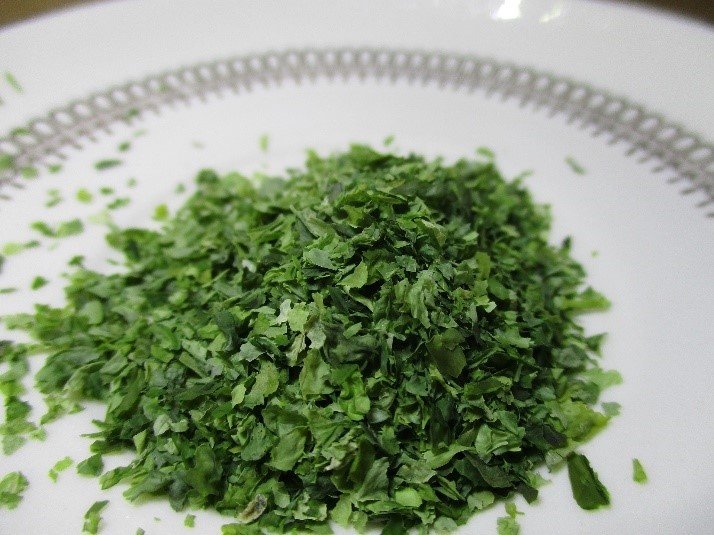
Adding sea vegetables to the diet has been shown to reduce heavy metal toxicity in the body.
- Chlorella is a chelator of heavy metals including mercury and can help your body rid itself of toxins.
- Red dulse and kombu are two powerful sea vegetables.
- Making miso soup with seaweeds is a great way to begin integrating them into the diet.
Leafy Greens
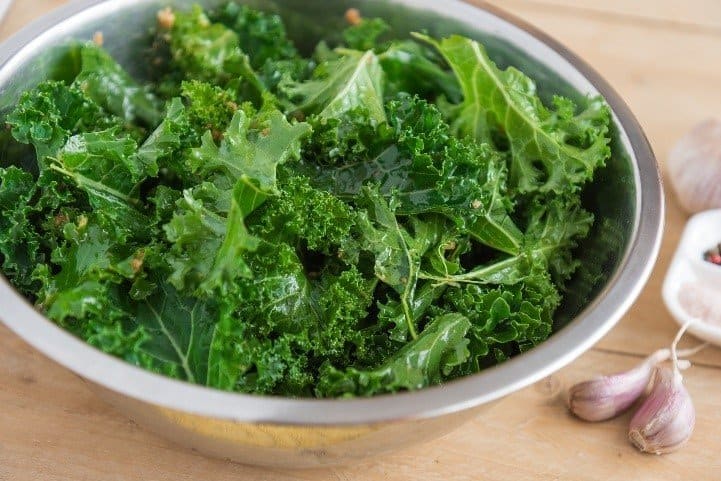
Dark leafy greens are essential for increasing key nutrient intake. These foods contain chlorophyll which can reduce liver damage from mold allergens called aflatoxins.
Dark leafy greens include:
- Dandelion Greens
- Arugula
- Spinach
- Kale
Cruciferous Vegetables
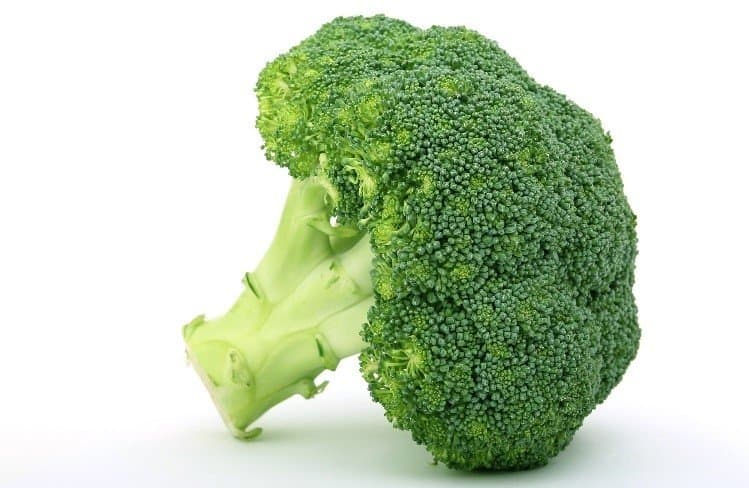
Cruciferous vegetables contain phytochemicals with sulfur and can help protect against chronic conditions and bring an anti-inflammatory response to the body while assisting in the removal of toxins.
Cruciferous vegetables are also high in fiber which feeds the microbiome and promotes gut health. A leaky gut that is permeable allows toxins into the bloodstream and can cause inflammation.
Cruciferous vegetables include:
- Broccoli
- Sprouts
- Cabbage
- Cauliflower
- Brussels sprouts
Beets
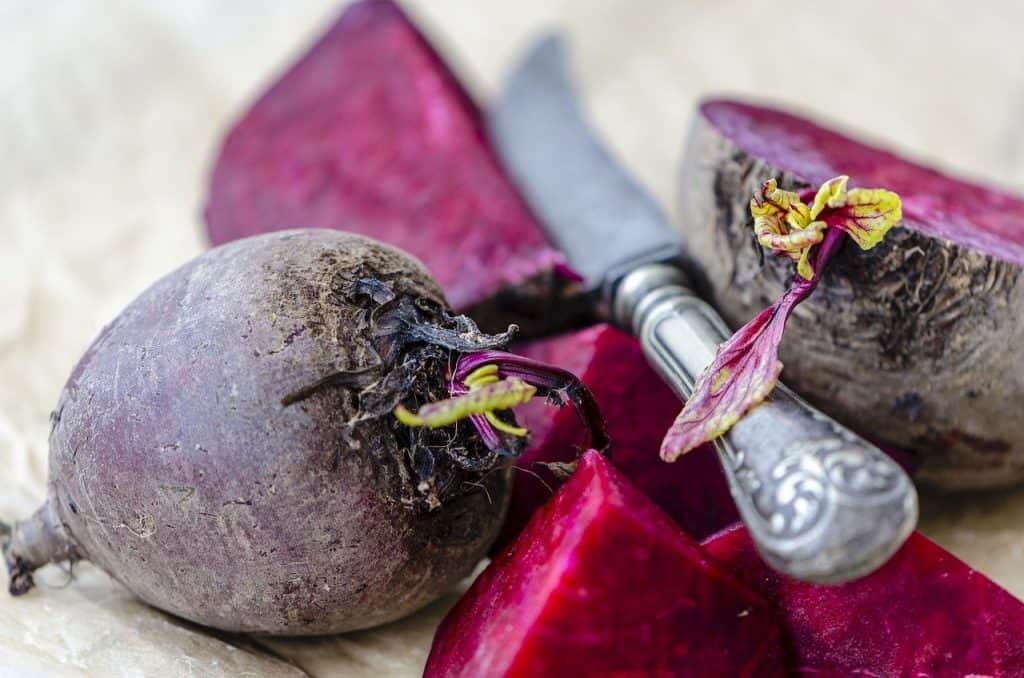
Beets help to promote normal inflammatory reactions because they contain betalains which are a strong antioxidant. These antioxidants also support liver cell repair. Beets are also high in nitrates which can help to regulate blood pressure and dilate blood vessels.
Berries
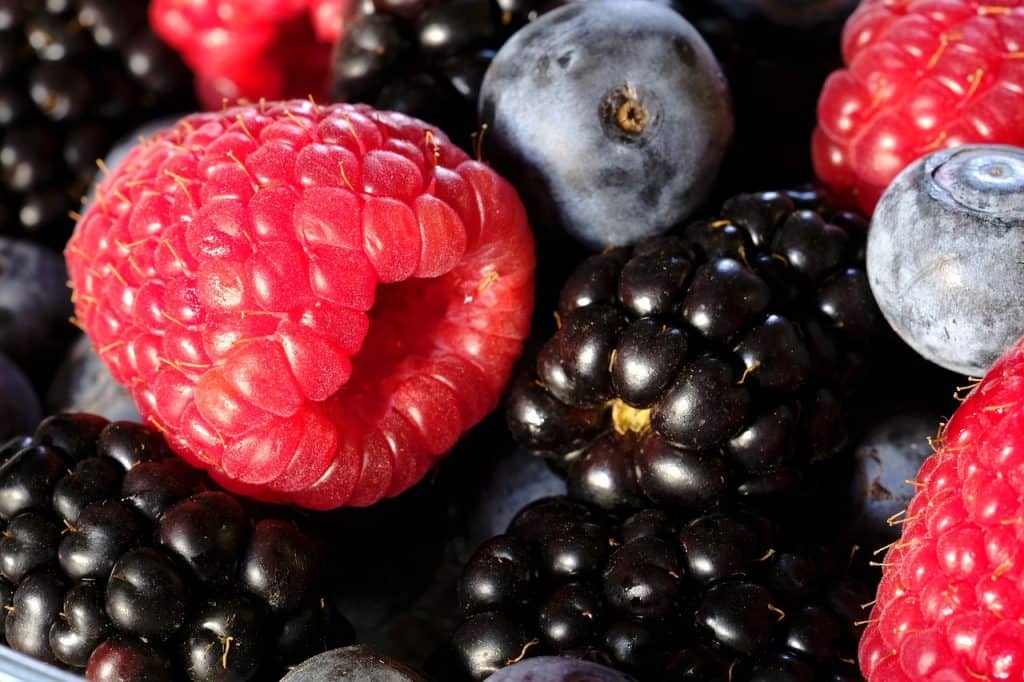
Berries are low in sugar and high in fiber which makes them a perfect food for detox. They maintain blood sugar and neutralize cravings. Berries also contain phytochemicals called anthocyanins which are antioxidants and can promote brain health and balanced moods.
Green Tea
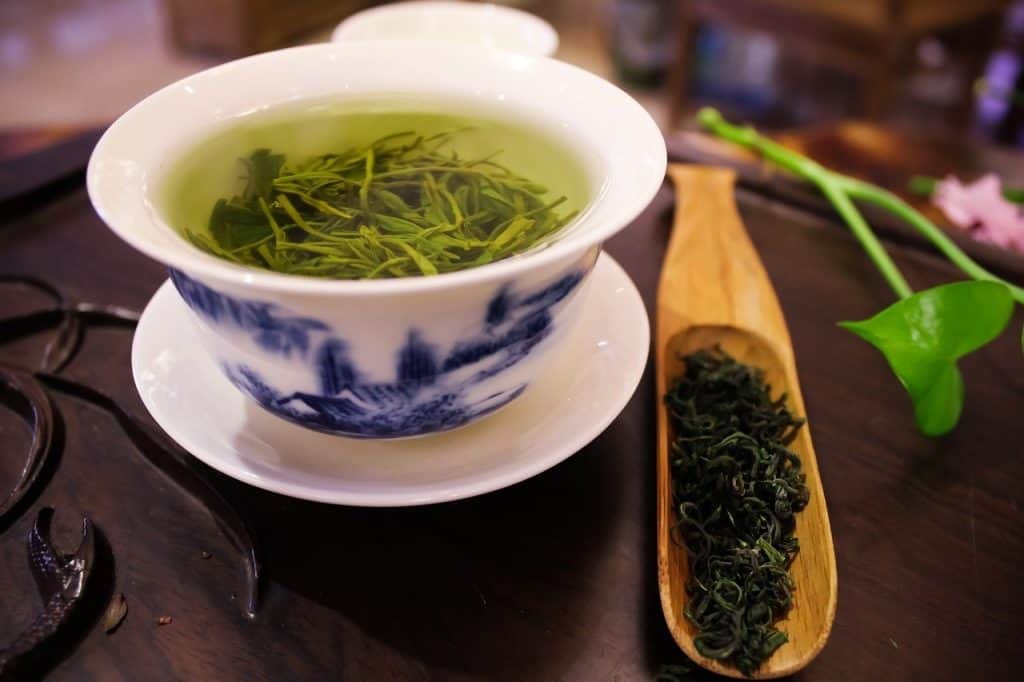
Drinking green tea or matcha in the morning can promote phase 2 detox. Phase 2 detoxification involves toxins bonding to protective and neutralizing chemicals so they can be eliminated via the bile or urine. Green tea also contains polyphenols which are anti-inflammatory and have disease prevention effects.
Dandelion Root and Leaf
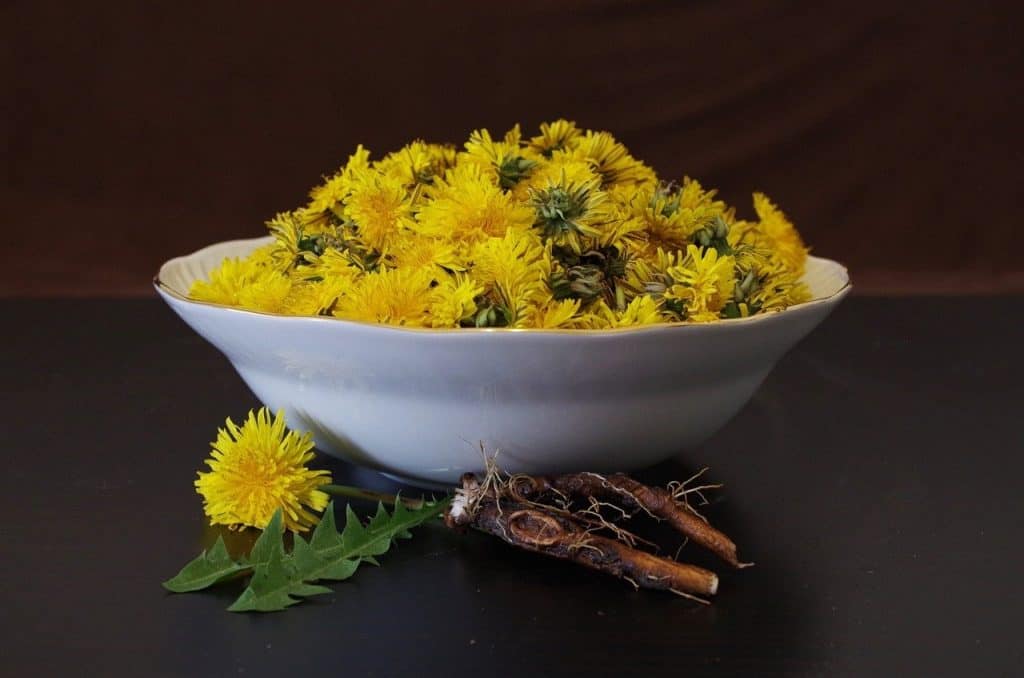
Dandelion root tea is a great substitute for coffee and can be added to a morning routine for a caffeine-free alternative. Dandelion has cleansing properties in the body and it can help the body rid itself of reactive oxygen species which cause oxidative stress relating to atherosclerosis and arterial plaque.
Citrus
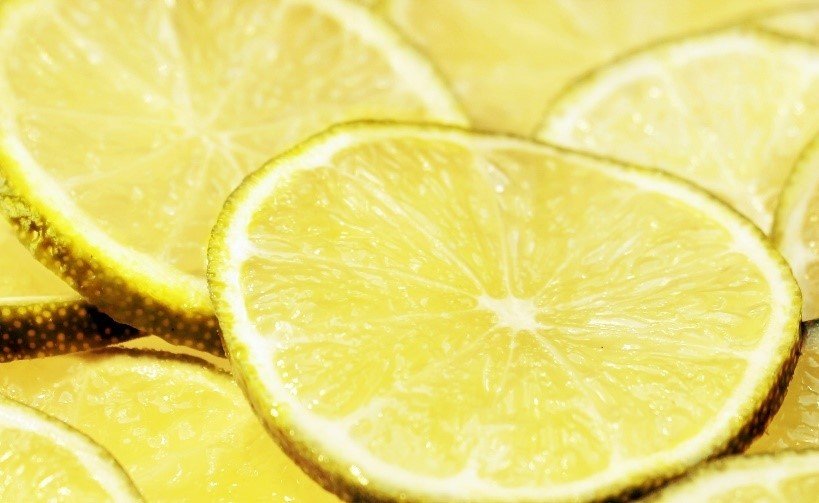
Adding lemon, lime, or orange to your diet is a great way to maintain alkaline levels and balance hydration in the body. Citrus rinds also contain medicinal compounds including D-limonene, which has been shown to help reverse oxidative damage in animal studies. (Beneficial Effects of Citrus Flavonoids on Cardiovascular and Metabolic Health; Mahmoud, et al)
- Squeezing lemon into warm water in the morning is a great way to wake up the digestion and stimulate sluggish elimination.
- Sipping on lemon water throughout the day will maintain hydration.
- Add citrus zest to your morning smoothie or on top of a salad to balance the acidity and promote intake of healthy compounds.
Probiotics
A quality probiotic can assist in regulating the flora in the gut. According to Harvard Health, “The most common fermented foods that naturally contain probiotics, or have probiotics added to them, include yogurt, kefir, kombucha, sauerkraut, pickles, miso, tempeh, kimchi, sourdough bread, and some cheeses.”
Herbs And Spices
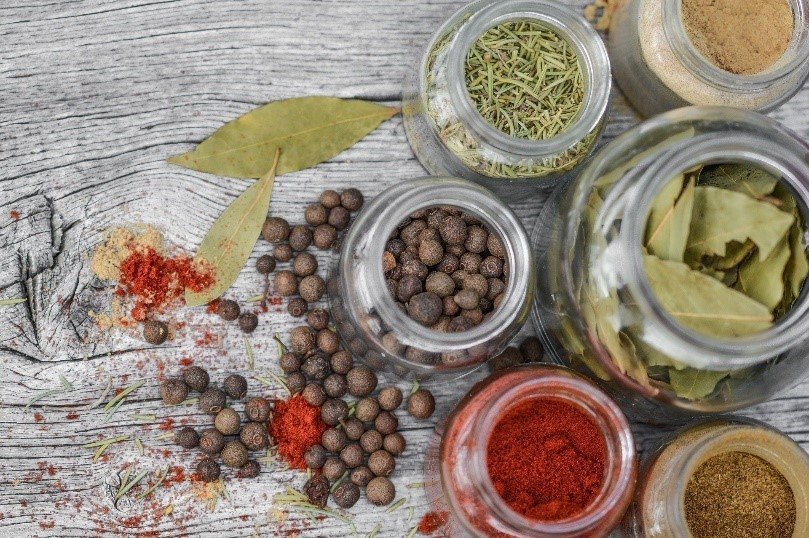
Adding fresh herbs to the diet is a great way to bring freshness to the diet and eat a variety of whole foods.
- If you are experiencing digestive upset, adding herbs like parsley, cilantro, or ginger to the diet could be beneficial.
- Parsley acts as a natural diuretic and prevents bloating, it is also high in vitamin C.
- Cilantro helps to eliminate heavy metals like lead and mercury from the diet.
- Adding fresh ginger to the diet promotes balancing of blood sugar and assists in warming the digestion.
- Garlic is another great medicinal herb that can balance the bacteria in the gut through detoxifying sulfur-containing compounds.
- These fresh herbs can be added to a morning smoothie for a fresh pick-me-up.
Supplements
Adding specific supplements to the diet is another way to promote a healthy body biome. Good health begins in the gut and maintaining a balanced gut biome is one way to increase immunity and maintain good elimination and digestive processes.
- Cleansing the liver is promoted through supplements such as vitamin C, burdock, dandelion root, and milk thistle. These are incredible purifiers for the liver and the kidneys.
Fermented Foods
- Fermented foods like kimchi, sauerkraut, kombucha, and others are full of good bacteria which assist the probiotic bacteria for a healthy gut and good digestion that keeps toxins from entering the bloodstream.
- Fermented foods may also assist in removing heavy metals from the body.
Nuts And Seeds
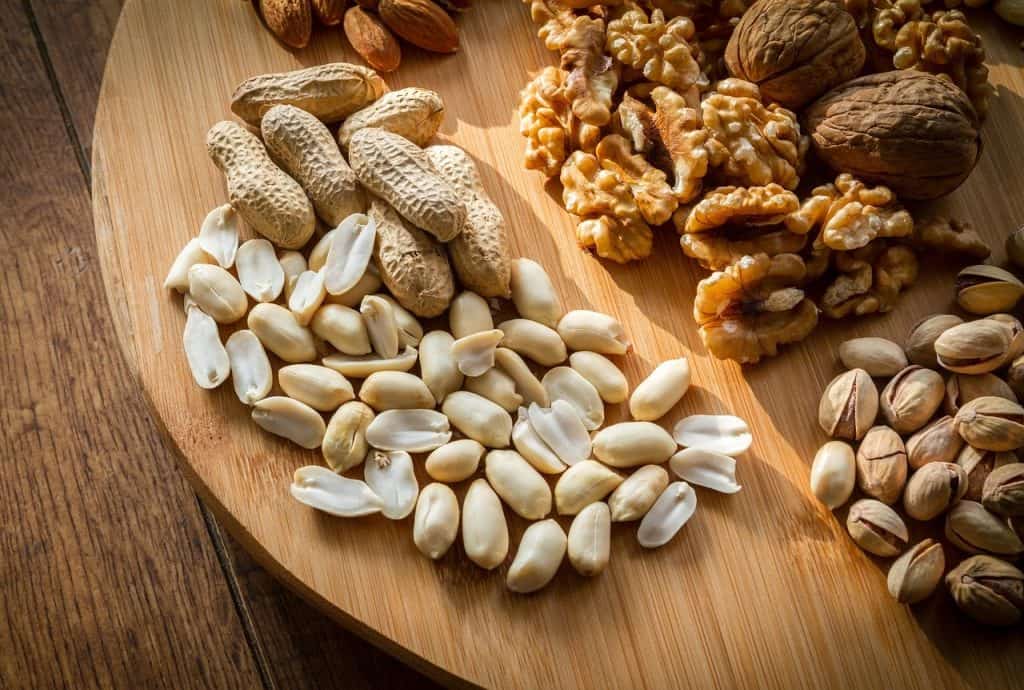
Nuts and seeds provide fiber and essential nutrients and antioxidants to the diet. These omega-3 fats are plant-based and can reduce inflammation and can increase brain functionality including reducing inflammation and boosting memory and learning abilities.
- Nuts and seeds include hemp seeds, flax, chia, as well as walnuts, and other healthy omega-3 rich foods.
Bone Broth
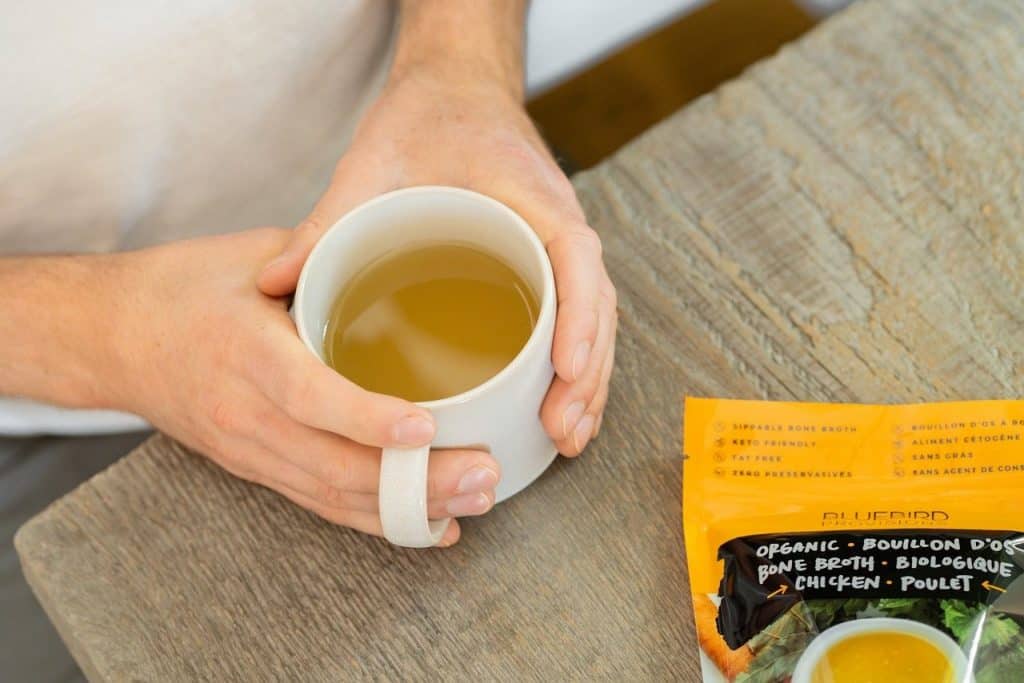
Bone broth is a potent medicinal food that can assist the liver in cleansing and detox. Glutathione is an antioxidant that is concentrated in the liver and assists in binding to toxins and allowing them to be eliminated through the urine or in bile. Glutathione is also essential for the absorption of certain nutrients.
When glutathione levels become low then there can be an increase in oxidative stress, free radicals, and infection. Glutathione can be found in a few foods including avocado and asparagus. It can also be built within the body when combined with amino acids as building blocks.
Bone broth contains the building blocks for glutathione as do cruciferous and sulfur-containing foods. Glutathione production also depends on the body getting enough vitamin C, vitamin D, and minerals like zinc and selenium.
